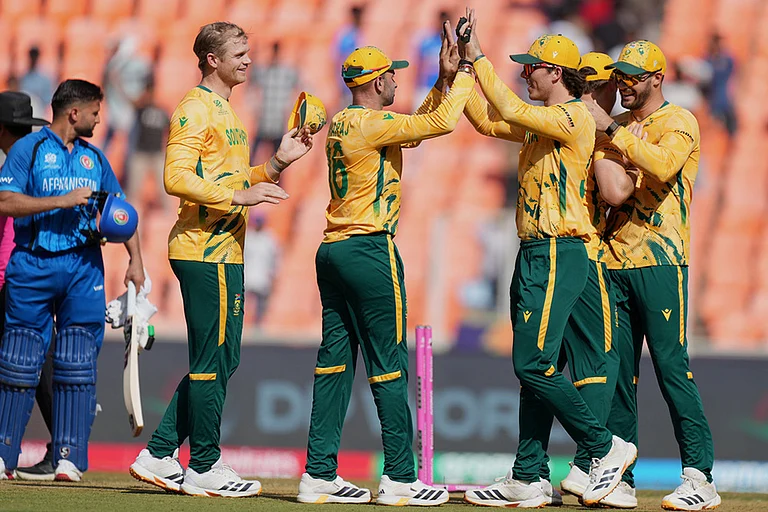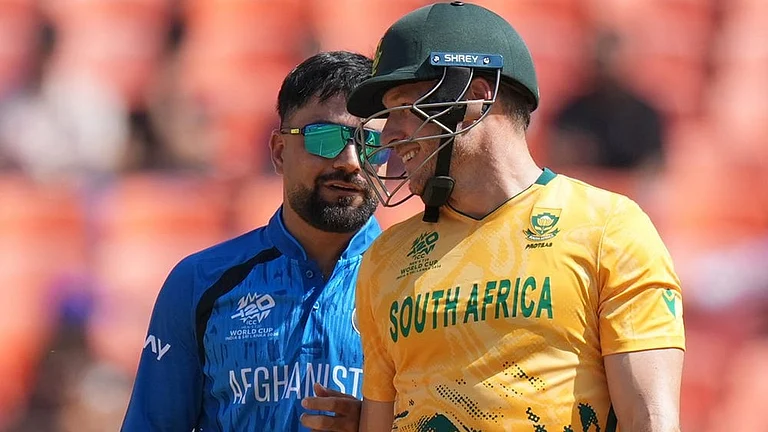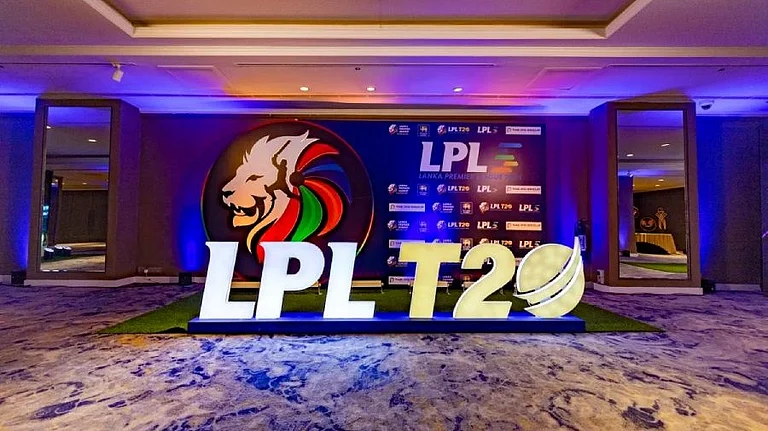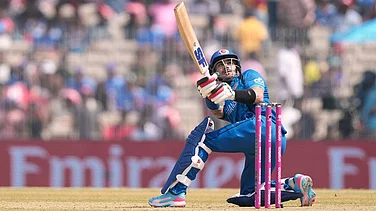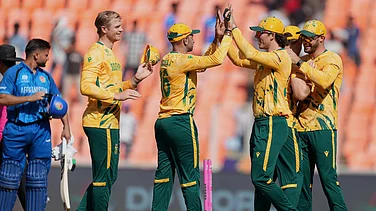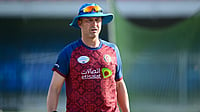Over 24 years after the cricket match-fixing scandal tainted the gentleman's game, a court here has framed charges of cheating and criminal conspiracy against four accused including Sanjeev Chawla, a London-based bookie and the "main conspirator", and actor Krishan Kumar, the brother of T-Series founder Gulshan Kumar. (More Cricket News)
The 68-page order by the Patiala House district court, which has now paved the way for the start of the trial, noted the alleged role of the four -- Chawla, Kumar, Delhi-based bookie Rajesh Kalra and Sunil Dara alias Bittoo.
Delhi Police had filed the charge sheet in 2013 against them in connection with the 2000 cricket match-fixing scandal involving late South African captain Hansie Cronje.
Cronje died in a plane crash in 2002. Chawla was extradited to India in February 2020.
The court noted that according to the investigation, Chawla played the "most vital role by acting as a conduit between bookies and fixing matches in connivance with Hansie Cronje".
"Further, the entire match fixing would not have been possible without the active involvement of South African captain, Hansie Cronje who confessed to his role and involvement before the King's Commission of Enquiry.
"All other accused persons remained in constant touch with Sanjeev Chawla and each other and conspired to fix the matches," it said.
The King's Commission was appointed by the Sout African government to look into the allegations of match-fixing against the country's players.
During the proceedings, Chawla's advocate argued that there was no prima facie evidence that the person appearing before the court as Sanjeev Chawla was the same as the person named in the charge sheet.
Trashing the argument, the court said, "Accused no. 4 Sanjeev Chawla was absconding for nearly 20 years and could be apprehended only after painstakingly long extradition proceedings. To say that he is not the same person because the test identification parade was not conducted is absurd."
It took note of the investigation report that the "main conspirator" Chawla moved around with accused no. 6 Hansie Cronje "as his shadow" for most of the tournament by staying in the same hotels.
"The deals fixed with Cronje are onward shared with the other accused persons, who then proceed to further discuss it amongst themselves and place bets accordingly," the court noted.
Regarding Kalra, the court said that he allegedly met Cronje with Kalra on March 14, 2000, at a hotel in the national capital and made constant telephonic conversations with the South African captain.
"He is also alleged to have purchased a mobile connection in his name and the same was handed over to Cronje through Chawla. The King's Commission Report corroborates the same," it noted.
Regarding Dara, the court said that as per the call transcriptions of March 8 and 9, he spoke to Chawla regarding betting and match-fixing, including how much money should be paid to Cronje and what would they earn.
"He also asked accused no. 4 Sanjeev Chawla if he had already spoken to accused no. 6 Hansie Cronje," it noted.
Regarding Kumar, the court said according to the charge sheet, he accompanied Chawla to a hotel in Mumbai on March 20 and booked a room for him using his credit card, where Chawla and Cronje conspired to fix matches.
"The statements of hotel staff corroborate the same. Again, his (Kumar's) cell phone was used by Chawla at Bangalore and Cochin (on and around match days) for several conversations with him as well as Cronje for discussions relating to match-fixing," it said noting the final report.
"He also informs Kalra of the requirement of a cell phone with roaming SIM, which was subsequently procured by Kalra, handed over to Cronje by Chawla and used by Cronje to enter into match-fixing negotiations/deals with Chawla," the court noted.
The order passed on July 11 also noted how the case came to light.
"In the instant case, the present offence was unearthed during interception being carried out by the anti-extortion cell (a specialised unit of the crime branch of Delhi Police) in an extortion case while making efforts to unearth the involvement of Indians in the extortion calls being made from Dubai," the court noted.
"This threw up the number of accused Krishan Kumar which subsequently led to the number of accused Sanjeev Chawla who was contacting people in South Africa and London on the one hand to fix up a cricket match with the help of the South African team, and on the other hand contacting satta racketeers for greater bid," it added
The court noted that the telephonic call interception of the accused was done after it was revealed that they were discussing match-fixing and betting about the ongoing 'Pepsi Cup' in India.
"The extent of involvement of the underworld, anti-national elements, South African players or even Indian players could have been known only once the interception began," it said.
The Crime Branch of Delhi Police had in April 2000 stumbled upon the match-fixing scandal when they intercepted calls of a London-based bookie.







